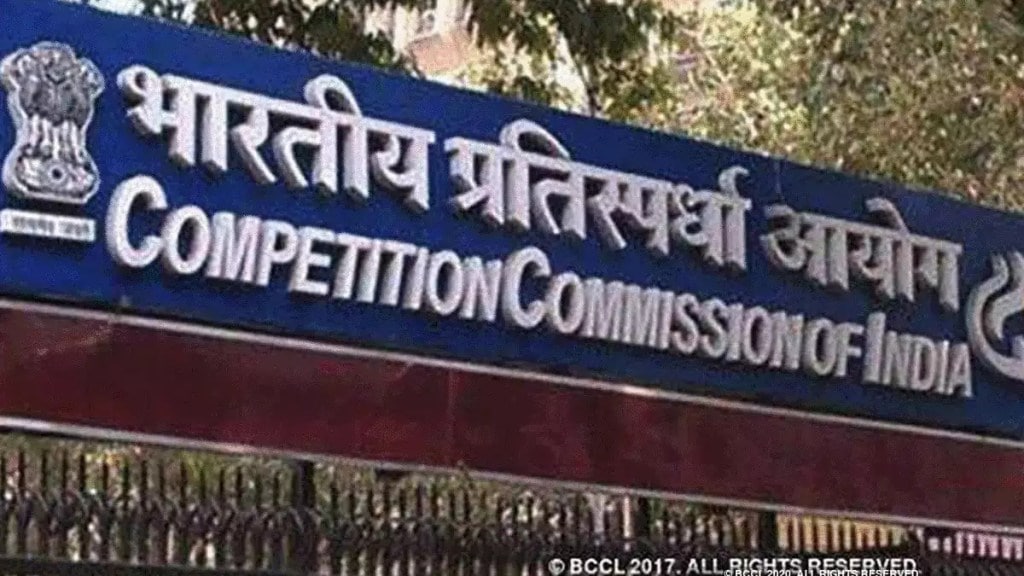It’s been an action-packed year for the competition watchdog both in terms of the umber of cases handled, and the changes made in the current regulations to both strengthen the commission, and to create a conducive environment for businesses.
In March, the Competition Commission of India (CCI) notified two much-needed tools – commitment and settlement – to reduce litigation and ensure quicker market corrections. Around the same time, the CCI introduced leniency-plus facility which aims to further improve the cartel-detection mechanism.
Experts said that these tools and a bunch of other amendments to the competition laws in the past year will make the enforcement procedures more smooth. “Amendments to the general regulations, lesser penalty regulations, recovery of monetary penalty and combination regulations have taken place in the past one year. All these will provide certainty and clarity to the enforcers as well as all to the stakeholders,” said KK Sharma, noted competition lawyer.
Even though CCI already had deal value thresholds (DVT) based on turnover and asset size, the regulator introduced a new DVT in September that requires mergers and acquisitions (M&As) exceeding a value of Rs 2,000 crore (and where the target entity has “substantial business operations in India”, to get regulatory clearance. This move was aimed to target M&As in the start-up space where there have been past instances of a Big Tech firm acquiring significant shareholding in a small startup which didn’t need CCI approval at that time. But over a period of time, the acquisition became big enough to impact the market.
In fact, in a recent event, CCI chairperson Ravneet Kaur said that the regulator is now closely looking into deals in the digital market to identify “killer” and “creeping” acquisitions. Though some experts have a word of caution for the regulator. Vinod Dhall, former chairperson of CCI said that CCI needs to understand the digital markets better. “CCI should not get carried away by he moves in many other jurisdictions to discipline the Big Tech firms. It must take a balanced approach without losing the sight of consumer interest, which is the primary objective of the competition law. The Big Tech brings innovation, and this adds value to the consumers,” he said.
CCI’s efforts to expedite action against the Big Tech hit a speed braker when the Supreme Court recently dismissed its plea to transfer writ petitions filed in various high courts by the sellers of Amazon and Flipkart against its antitrust investigation.
To be fair, the CCI is doubling down its effort to understand the digital markets. For instance, it has roped in Management Development Institute Society (MDIS) to conduct market study on artificial intelligence (AI) and competition. Prior to that, the antitrust regulator had set up a dedicated digital markets and data unit (DMDU) in July last year to monitor activities in the digital sector.
Experts said that the green channel route, which is an automated approval mechanism for certain kinds of M&As, has started to yield results. Even in cases where the CCI has raised objections, the regulator has acted quickly if the remedial actions are being proposed by the parties. In the case of Reliance-Disney merger, the deal was approved by CCI within a week of raising objections.
On the enforcement side, the opinions are divided between competition law experts. While some experts said that there’s been a revival of enforcement activities such as recent penalty of Rs 213.14 crore against Meta, others believe that there’s a still room for improvement. On the anti-trust side, CCI passed a total of 52 orders till December 22.
“The orders directing investigation by director general show a declining trend and so are the instances of reports submitted by DG. The instances of imposition of penalties are going down when seen from the historical perspective, with 2024 seeing a single case of imposition of penalty for anti-competitive conduct,” said Sharma.


